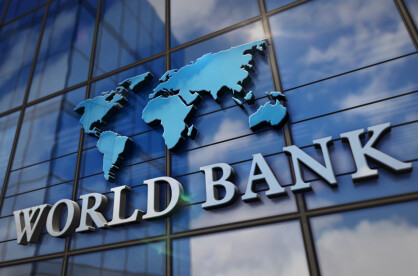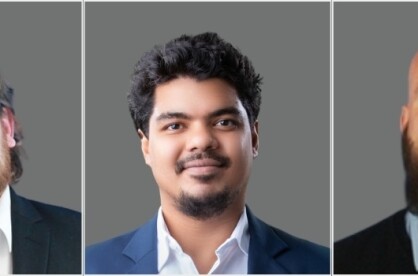Sri Lanka is currently in the midst of a significant political event—its first-ever presidential election since the country's highly publicized economic crash that garnered attention worldwide. The crisis, which reached its peak in 2022, saw mass protests erupt across the island nation after weeks of severe power outages, fuel shortages, and a near-total collapse of essential services. The economic meltdown was driven by depleted foreign reserves, leading to the country defaulting on its international debt obligations.
The crisis culminated in the resignation of then-President Gotabaya Rajapaksa, who fled the country amidst growing unrest. Protests, spearheaded by frustrated citizens, forced the government to implement emergency measures, including securing a USD 3 billion bailout from the International Monetary Fund (IMF). However, this bailout came with stringent austerity measures, which have further strained the already suffering population.
With the economic downfall and resignation of Gotabaya Rajapaksa, the two main candidates for the 2024 Presidential elections are Anura Kumara Dissanayake of the Janatha Vimukthi Peramuna (JVP) and Sajith Premadasa of the Samagi Jana Balawegaya (SJB) party. One of the key promises from both candidates is their promise to negotiate the controversial USD 3 billion IMF bailout deal which many blame for imposing harsh austerity measures that deepened economic hardships in the country.
Despite both presidential candidates in Sri Lanka expressing similar objectives concerning the country's economic recovery, voter engagement has appeared lackluster, with the election now heading into an unprecedented second round of counting. For the first time in Sri Lankan history, no candidate has secured the required majority, with neither surpassing the 50 percent threshold necessary for an outright win. As a result, the Election Commission is now processing the second and third preferences, in line with Sri Lanka's ranked-choice voting system, to determine the final outcome.
In the initial round of voting, Anura Kumara Dissanayake, the leader of the leftist Janatha Vimukthi Peramuna (JVP), emerged as the frontrunner. However, despite his strong showing with 42.31 percent of the vote, it fell short of the majority needed to claim victory. His primary challenger, Sajith Premadasa, leader of the opposition Samagi Jana Balawegaya (SJB), followed with 32.76 percent. The second round of vote counting is now critical in determining which of the two will ultimately secure the presidency, as voter preferences shift to the candidates' second and third choices.
This run-off scenario reflects not only a highly competitive political landscape but also a degree of voter fatigue and disenchantment, as many Sri Lankans remain focused on their pressing economic concerns amid the country's ongoing recovery efforts.






